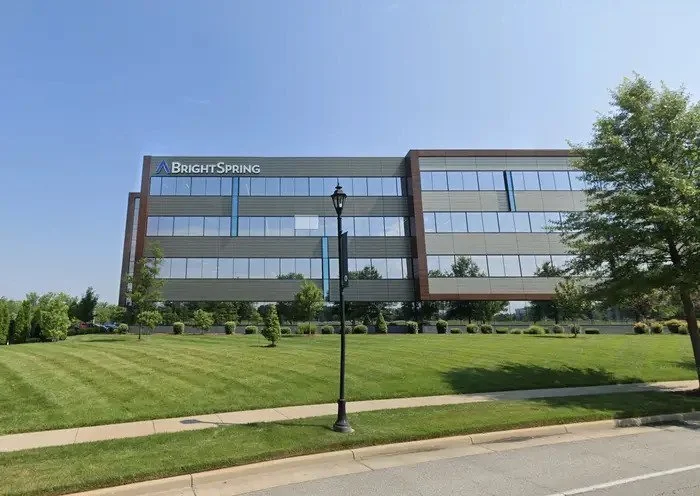The Private Equity Giant KKR Bought Hundreds Of Homes For People With Disabilities.
BrightSpring Health Services, which KKR bought in 2019, says it helps thousands of people with disabilities “live their best lives.” But a BuzzFeed News investigation found conditions that were often dire, and in some cases fatal.
by Kendall Taggart, John Templon, Anthony Cormier and Jason Leopold
Over five decades, the private equity giant KKR became famous — or infamous, depending on the observer — for a particular playbook. It acquired iconic companies such as RJR Nabisco, Duracell, and Toys R Us, loaded them up with debt, and sold them off.
In 2019, KKR took on a responsibility that was very different from selling cookies or batteries: caring for thousands of people with severe intellectual or developmental disabilities, some of whom cannot speak, wash, or feed themselves.
With its $1.3 billion purchase of BrightSpring Health Services, one of the nation’s largest group home operators, KKR became the owner of more than 600 residential facilities serving people from California to West Virginia. Many residents have no family to look out for them. Almost all need round-the-clock care. They all depend on the company to keep them safe.
Touting its financial success and BrightSpring’s mission to “help people live their best lives,” KKR has announced plans to take the company public. That development could yield windfall returns for investors and executives.
But a yearlong BuzzFeed News investigation found that KKR focused on expanding the business even as a crisis mounted in its group home division, where conditions grew so dire that nurses and caretakers quit in droves, a state prohibited the company from accepting new residents, and some of the most vulnerable people in its care suffered and died.
Reporters combed through hundreds of state inspection reports, internal company records, photographs, and videos, and conducted more than 170 interviews with regulators, clients’ families, and current and former workers. Again and again, they found residents consigned to live in squalor, denied basic medical care, or all but abandoned.
Overseen by KKR’s handpicked board of directors, BrightSpring executives in many cases kept wages lower than those at competing facilities or Walmarts, despite pleas from local managers that they were unable to safely staff the homes. Some managers resorted to making employees work three days straight or threatening to have them arrested if they tried to leave. In several cases, state inspectors arrived at homes and found no staff at all.
The staffing shortage was compounded by inadequate training and pressure to keep beds full. At least three people died following alarming lapses in their care. One of them died after state authorities warned the company — twice — that she was in danger.
Group homes like these, which mainly rely on Medicaid funding, were designed as a humane alternative to vast state institutions, a way for people with profound needs to get intensive, personalized support. But on a single day at one eight-person BrightSpring home, a resident who had expressed suicidal thoughts swallowed a battery that was supposed to be kept out of her reach. Another resident was left alone in a hot car until his temperature reached 104 degrees. A third nearly died after drinking antifreeze and did not receive medical care for at least nine hours.
At another cluster of homes, inspectors found, staff “failed to administer over 1,000 medication doses,” in part because the KKR-owned pharmacy ran out and the company “failed to obtain these medications from a back-up.”
BrightSpring’s headquarters in Louisville, Kentucky. Google Maps
And BrightSpring executives were warned that some nurses were quitting because conditions in the homes were so bad they feared they might lose their licenses and clients might lose their lives.
State health inspectors discovered serious injuries that were concealed from families or authorities, and others that went untreated — as in the case of a Texas man whose nose had been broken so many times that a staff member decided it was “beyond repair” and therefore not worth a trip to the hospital.
From the time KKR took over BrightSpring in March 2019 through the end of 2021, its homes were cited for dangerous conditions at a rate well above the average for such facilities, according to a first-of-its-kind analysis by BuzzFeed News.
The analysis focused on intermediate care facilities, the type of group home with the most comprehensive state inspection reports, in the seven states with the most for-profit homes. In those states, KKR owns only 16% of the homes but racked up 40% of the serious citations — more than 500 in total.


